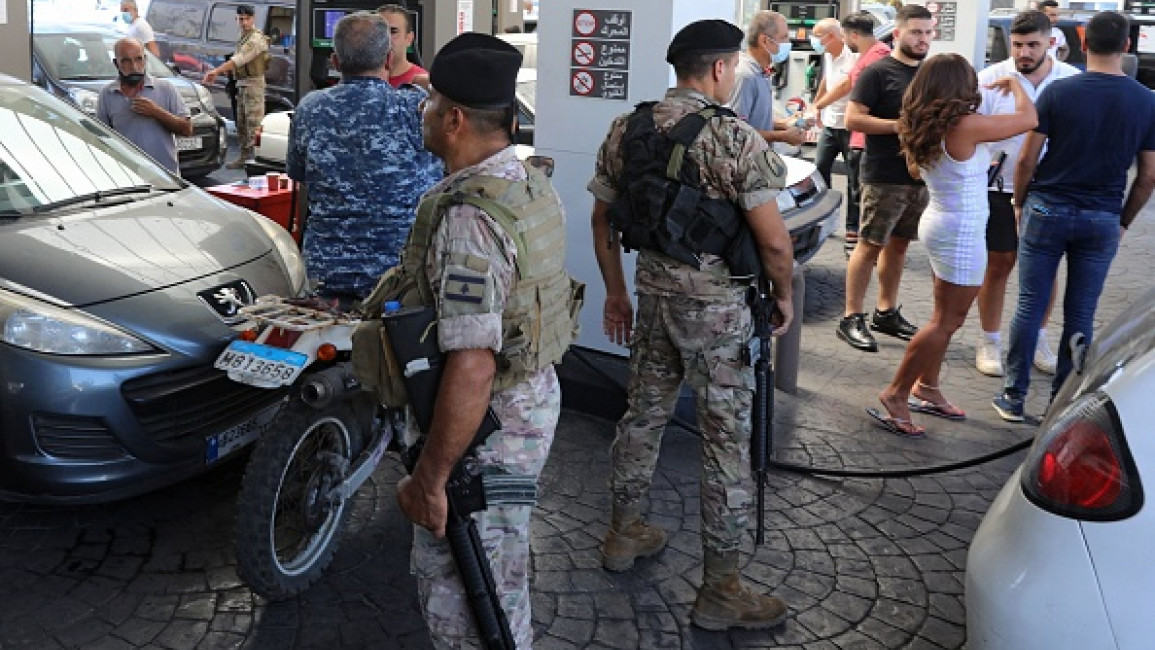Hezbollah chief pledges more Iranian fuel for Lebanon
The head of Hezbollah in Lebanon on Sunday promised that deliveries of Iranian fuel would arrive "in the days to come" to help solve the beleaguered country's dire shortages.
For the second time in four days, Hassan Nasrallah said in a televised address that fuel shipments would leave the Islamic republic for Lebanon.
Nasrallah also dismissed as "illusions" a reported US-backed initiative to ease Lebanon's energy crisis.
On Sunday alone, fuel prices soared by up to 70 percent after yet another subsidy cut, piling more pressure on people struggling to make ends meet.
The cost of hydrocarbons in Lebanon has now roughly tripled in the two months since the central bank started cutting its support for imports.
The latest cut, which is expected to cause knock-on price hikes on other key commodities, adds to the Mediterranean country's economic crisis, one of the world's worst since the 1850s.
Fuel shortages have forced businesses and government offices to close, even threatening blackouts at hospitals.
In his first televised address on Thursday, Nasrallah announced the departure "in the coming hours" of a shipload of fuel for Lebanon in defiance of US sanctions on Iran.
On Sunday, Nasrallah said the first Iranian ship loaded with fuel was "at sea".
"A second ship will set sail in the next few days, and it will be followed by others," he said.
Hezbollah, a close ally of Iran designated as a terrorist group by much of the West, is a major political force in Lebanon but its leaders are under US sanctions.
"We will continue this process as long as Lebanon needs it," Nasrallah said.
"The aim is to help all Lebanese, (not just) Hezbollah supporters or the Shiites."
Questions remain over how Iranian shipments of fuel could reach their destination.
Since February this year, Iran and its arch-enemy Israel have been engaged in a "shadow war" in which vessels linked to each nation have come under attack in waters around the Gulf in tit-for-tat exchanges.
The Lebanese presidency, in an apparent response to Nasrallah's claim on Thursday, later quoted the American ambassador as saying efforts were underway with Egypt and Jordan to ease Lebanon's energy problems.
Nasrallah on Sunday said "welcome to Egyptian gas, welcome to Jordanian electricity - and welcome to any effort that means we will have electricity in Lebanon."
He dismissed US ambassador to Lebanon Dorothy Shea's reported involvement in the initiative as "promises, illusions".
"But if these promises materialise, not a problem. We don't mind. On the contrary," Nasrallah said.



